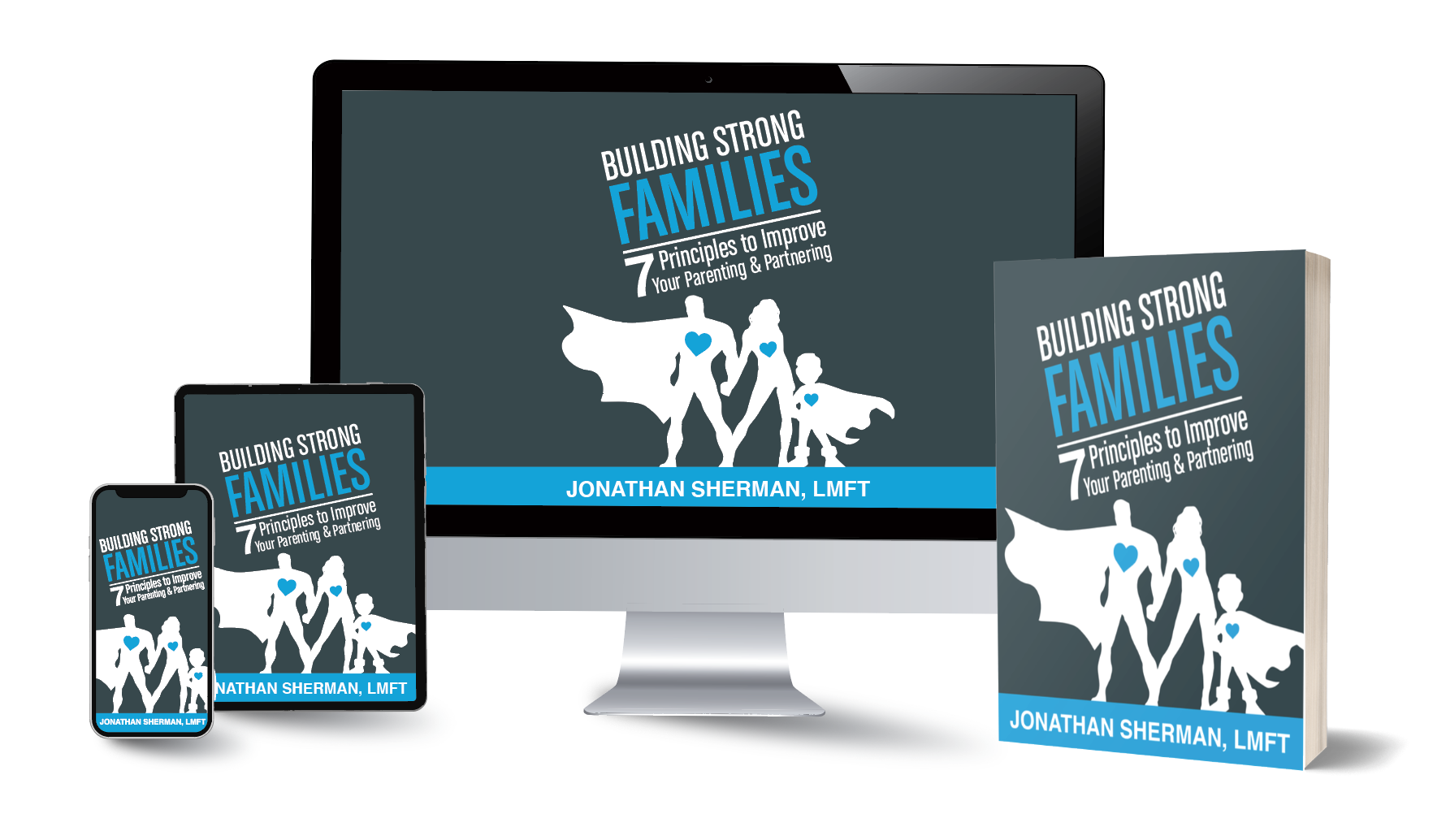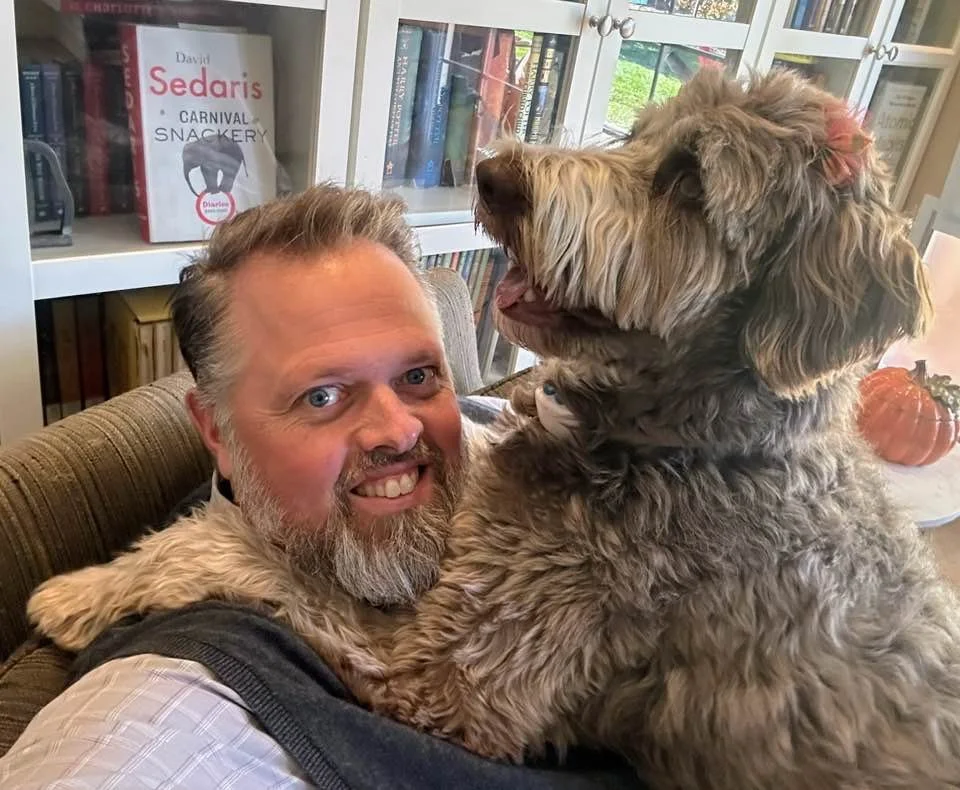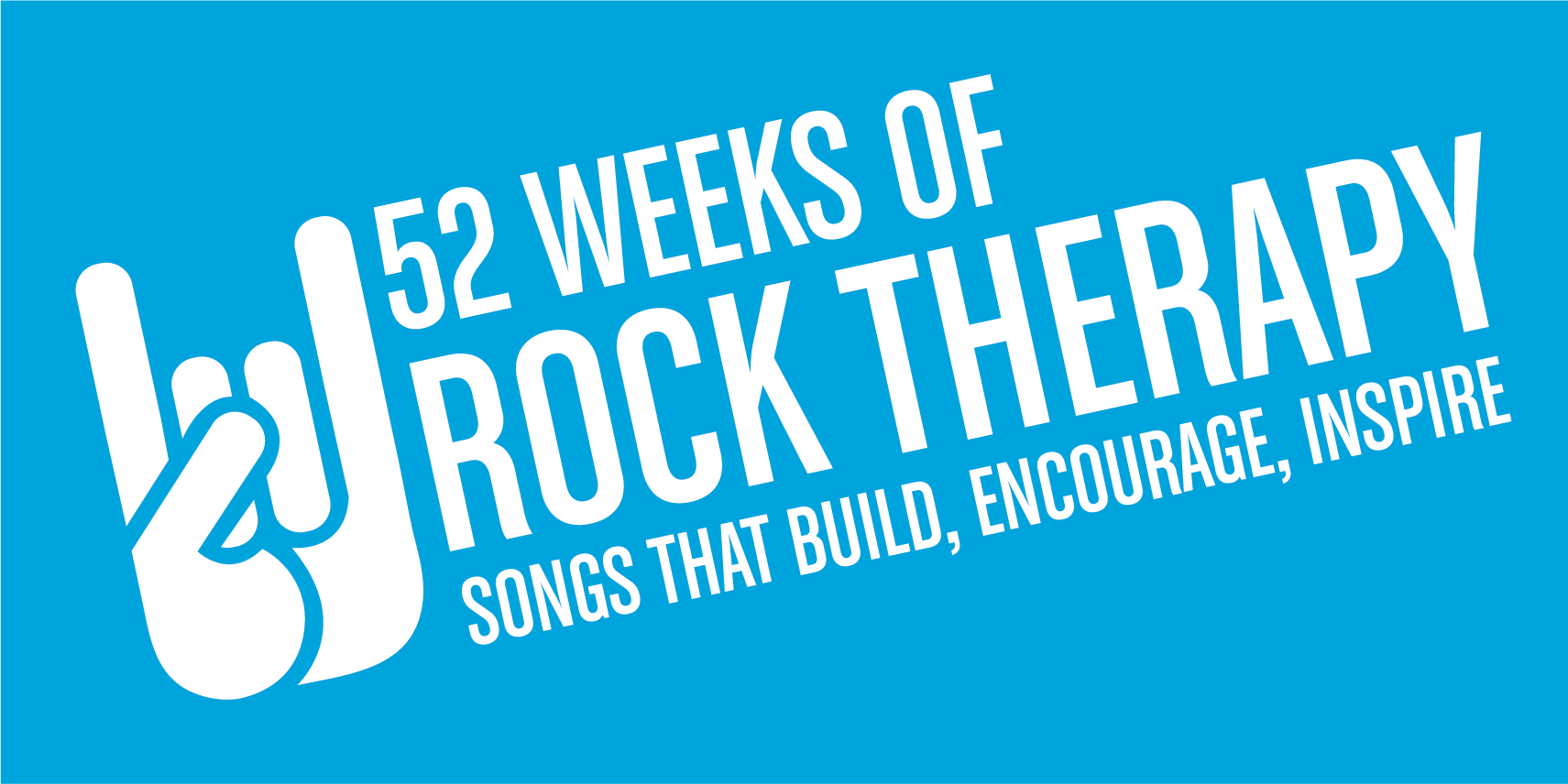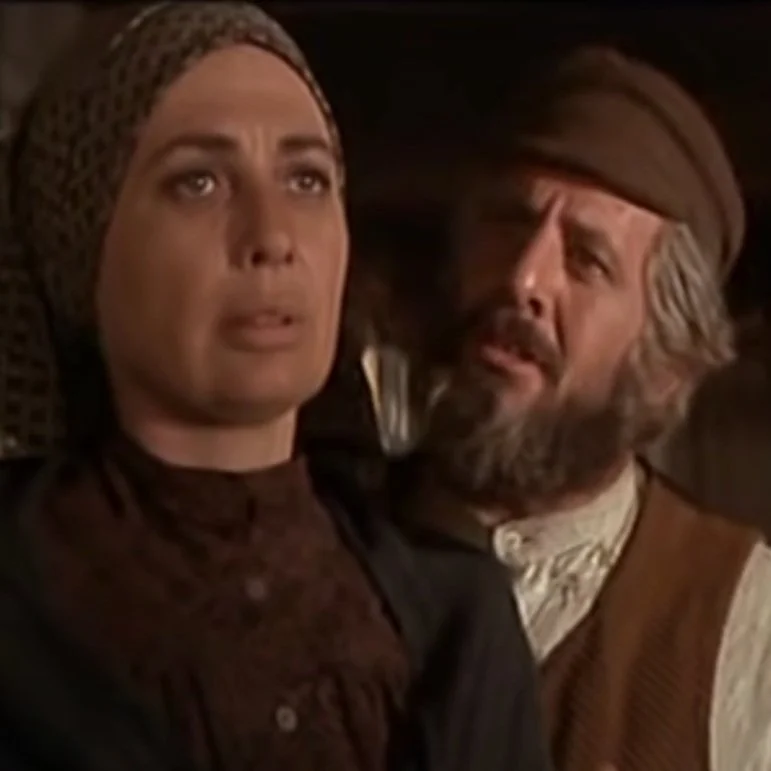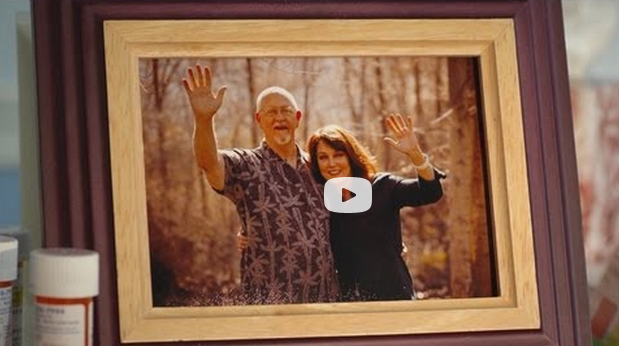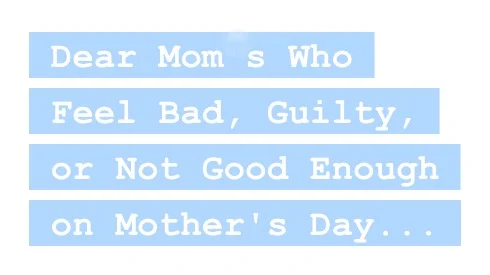Free Thinking Comes From Disciplined Thinking... and Vice-Versa
/A friend posted this quote from Ray Bradbury, "You can't learn to write in college. It's a very bad place for writers because the teachers always think they know more than you do—and they don't. They have prejudices." She then asked, "True or false?" I replied as follows:
Interesting point. In the same vein, Helen Keller asserted, "College isn't the place to go for ideas."
This from a woman who certainly valued education and knowledge, and was educated both in and outside of college.
Keller and Bradbury, certainly knew what they are talking about from their own experiences. There is validity to their points, as ideas and creativity and free-thinking can be squashed if the "learned" aren't careful.
However, as for myself I certainly wouldn't have some of the mental, writing and academic disciplines (and freedoms) had I NOT gone to college (both undergraduate and graduate)—all for which I am immensely grateful. Certainly, it was a launching pad/stepping stone. Ways of thinking I wouldn't have been exposed to otherwise were there presented to me. I have also learned much more since "in the trenches." So I wouldn't say it's "either/or" but instead "both/and." So, my answer to my friend's question is not true OR false, but true AND false.
Personally, I had some professors who just taught their lessons and wanted what was taught regurgitated. I also had MANY professors who taught me to think critically, not to just absorb knowledge as it was. "Informed consumers of research" was what my statistics professor wanted us to become so we could sift research and find the best of the best and see the flaws in poor research--so we wouldn't be duped, and so we wouldn't just believe something because someone in an ivory tower got it published in a journal. I hated statistics, but that lesson stuck with me. I am SO grateful for these professors who taught me as Margaret Mead said, "Children [all students] must be taught how to think, not what to think."
I had MANY professors who were mature and centered enough to welcome debate, differing opinions, could concede they were wrong—because they valued truth and knowledge more than being right (prejudice/ego). And from that example, I've also learned to take strong, confident stance while at the same time being willing to be challenged and bow when I'm wrong. I've had teachers who undoubtedly knew more than I did, but were humble enough to be open to other ways, even other ways from less knowledgable ones like myself. Of course, there are the other types that Keller and Bradbury referenced in their quotes, and sadly so. I think post-modern, constructivistic thinking has challenged that (at least with those who subscribe to it, that is).
As a therapist and speaker people come to me to learn. I have clear ideas of what works and what doesn't—not based on personal opinion nor prejudice, but from experience, research and evidence. And I refuse to take a feel-good stance that "everyone's opinion is valid" because that's simply not true. Opinions are not substitutes for knowledge nor facts. Some opinions are just stupid, and that's not being prejudiced to someone's idea, it's a fact that some ideas are truly better than others. I base that assertion on pragmatism: Ideas that produce outcomes are clearly better than opinions that don't. That being said, I present my strategies to my clients as "ways" not "THE way" to get to the outcomes they seek. And generally the best strategies are the ones that we as client and therapist collaboratively co-create.
So, I teach my clients to learn the strategies (discipline first) so they can get unstuck (freedom second) and create the kind of GREAT Relationship they want (unique to them, not a copy of mine and my wife's) to have. This is true in all endeavors of greatness. In zen we talk of "effortless effort" or being in "the zone"—that state of flow, of freedom, of fluidity. Effortless effort, however, only comes after long practice and discipline, i.e., lots and lots of "effortFULL effort." For example, consider those who flowed "effortlessly" in their respective arts: Fred Astaire, Bruce Lee, and Stevie Ray Vaughan only were able to do what they did so effortlessly after years of effortful effort. See "First Play by the Rules: There Are No Shortcuts to GREATness" for more on this concept and these people.


